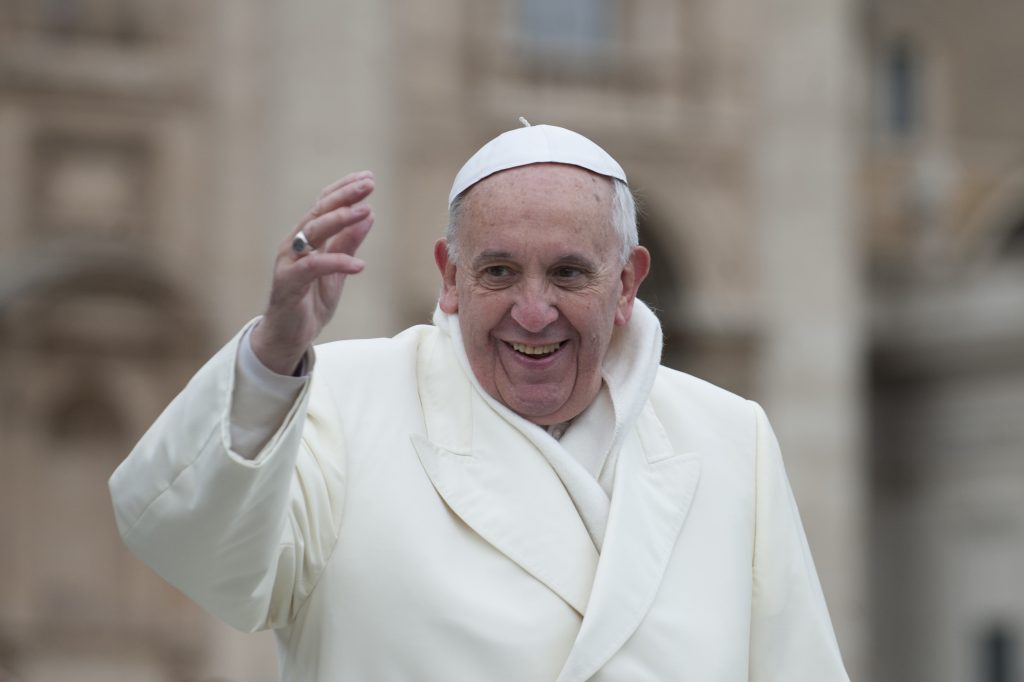Illiberal Democracies and Religion: Interview with Renáta Uitz
In 2018, Hungarian Prime-Minister Viktor Orbán labeled the country’s political regime an “illiberal Christian democracy,” emphasizing his government’s interest in appropriating Christianity for the illiberal democratic context and Hungary’s clashes with more liberal members of the EU and with the Union itself. Professor Renáta Uitz (Royal Holloway, University of London; CEU Democracy Institute) discusses the origin and phenomenon of illiberal democracies in Eastern Europe and beyond and explains why and how these regimes utilize religion and religious groups for political ends. Uitz focuses on different sources of Hungarian and Polish political Christian theology and the role of “traditional values” incorporated into several Eastern European constitutions. She also elaborates on how illiberal regimes tame and silence democratically oriented religious communities and clergy by making oppositional activities too costly for them.

